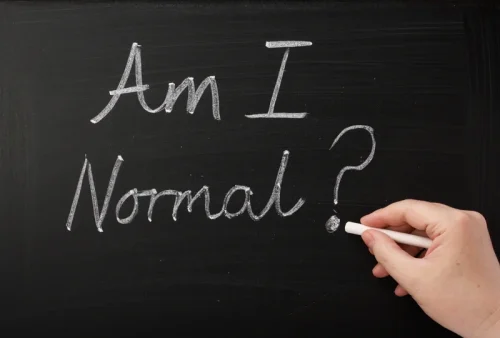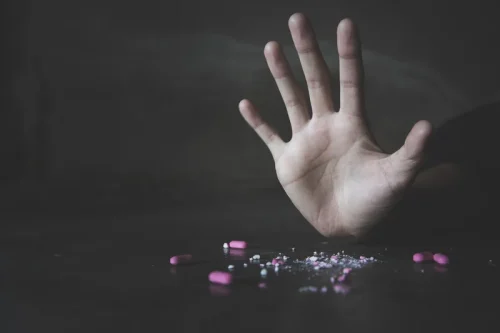
Here, we will explore the signs and symptoms of weed addiction and discuss the importance of seeking amphetamine addiction treatment help. Recovery from marijuana addiction is not something that you should try to tackle all on your own. In addition to seeking professional treatment, it is a good idea to have a support network of people who can help you through hard times and celebrate your successes with you. This support network can be made up of family and friends, fellow patients you meet in treatment, people you interact with at 12-step meetings, and even online support groups and forums. Battling an insidious addiction that slowly erodes one’s life, countless individuals find themselves desperately seeking a path to break free from the grip of marijuana dependence.
Impact of Marijuana Use Disorder
Discover essential substance use disorder helplines for compassionate support and effective treatment options. Mindfulness also aids in the cultivation of self-compassion, which can be particularly beneficial during moments of relapse or emotional struggle. By treating oneself with kindness rather than criticism, individuals can foster resilience and emotional strength, essential for sustained recovery.
- Additionally, 3 out of 10 users experience marijuana use disorder, where they become dependent on the drug and struggle to stop, often facing withdrawal symptoms when they try to quit.
- If you’re looking for more information or support, check out these resources on marijuana addiction help and weed addiction stories.
- Studies show that individuals engaged in meaningful activities or hobbies are less likely to relapse, as these outlets provide fulfillment and reduce stress triggers.
- Marijuana Use Disorder (MUD) is a condition where individuals develop a dependency on cannabis.
- It’s like a twisted game of mental health bingo, and nobody’s winning.
Coventry’s Coverage for Rehab Treatment Unveiled

Getting help from your healthcare provider or therapist can increase your chances of successfully quitting marijuana. You might notice that some people in your life may be less supportive—particularly if much of your social life centers around marijuana use. In these cases, you may need to consider reevaluating some of your relationships and places where you spend your time.

What Is Addiction Treatment?
This section explores the process of detoxification and residential treatment, as well as the journey of healing from cannabis misuse. Understanding the mental health effects of cannabis use is crucial for those on the journey to how long does weed stay in your system recovery. Addressing these issues through professional support and treatment can help individuals reclaim their lives and achieve long-term well-being.
- The truth is, while cannabis may not be as physically addictive as substances like heroin or cocaine, it can still lead to psychological dependence that’s just as challenging to overcome.
- Finding the right treatment center is crucial for effective weed addiction treatment.
- By understanding the importance of both detox and comprehensive treatment, individuals can take the first steps toward reclaiming their lives from cannabis addiction.
- However, it’s important not to self-diagnose or diagnose others without consulting a medical professional.
- Marijuana addiction occurs when the user cannot stop using the drug even though it has a negative impact on their life.
Many drug rehabs treat marijuana addiction, offering different approaches, therapies, and amenities to treat the causes and symptoms of addiction. The best rehab is the one that’s right for you.You can use Recovery.com to find marijuana rehabs and see their insurance information, photos, reviews, and more all in one place. Ten percent of people who start smoking weed become addicted5; 30% of those who smoke it regularly meet addiction criteria.
By incorporating continuing care and aftercare into their recovery journey, individuals can receive ongoing guidance, support, and accountability. These elements help to reinforce the skills and strategies learned during treatment, reducing the risk of relapse and promoting long-term recovery. Understanding the definition and impact of weed addiction is the first step in recognizing the need for treatment. By gaining knowledge and awareness, individuals and their loved ones can take the necessary steps towards a healthier and more fulfilling life. If you try to quit and experience withdrawal symptoms such as sweating, tremors, anxiety, or irritability, this shows that your body has become dependent on marijuana. These symptoms can last several days, signaling the need for professional treatment.



